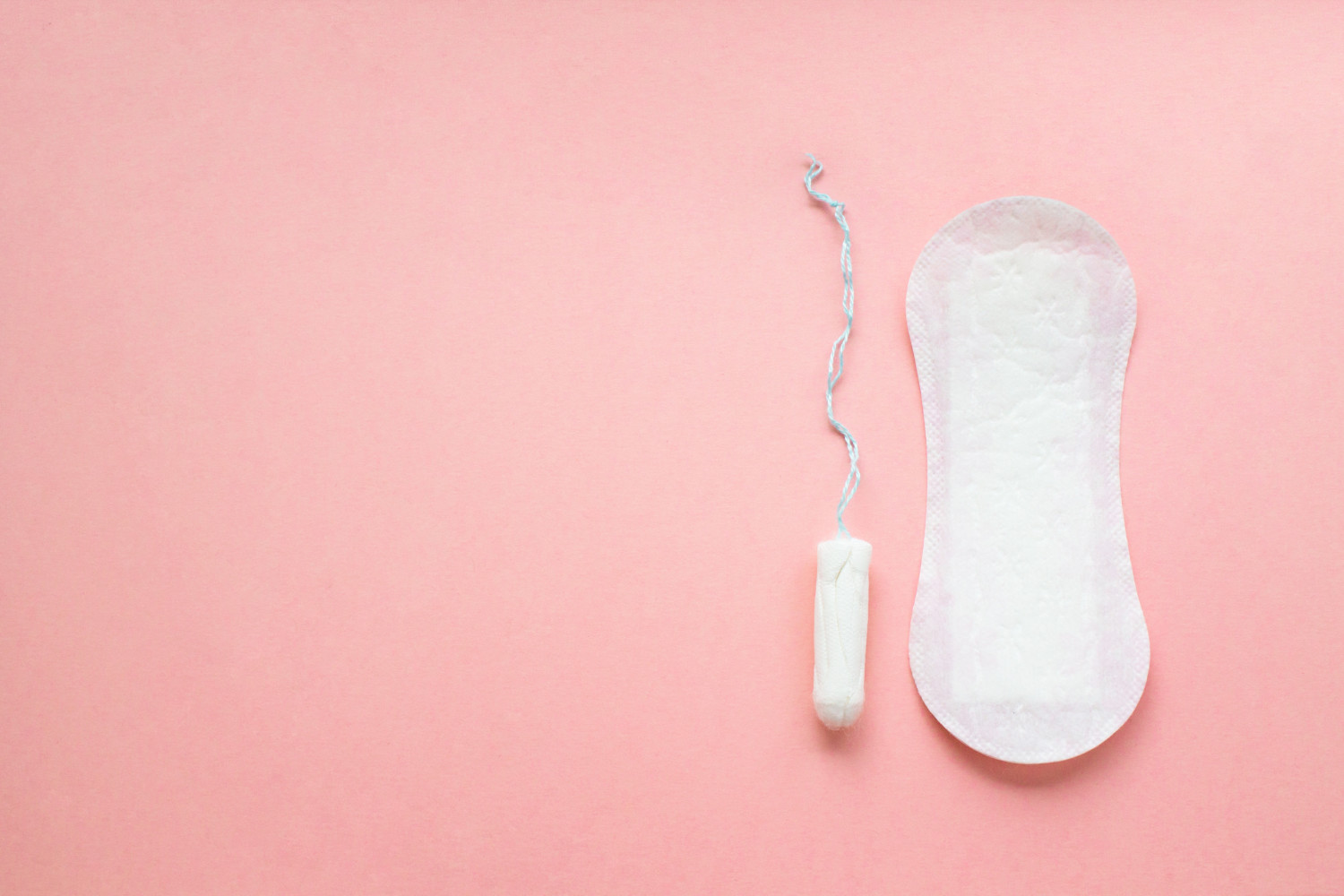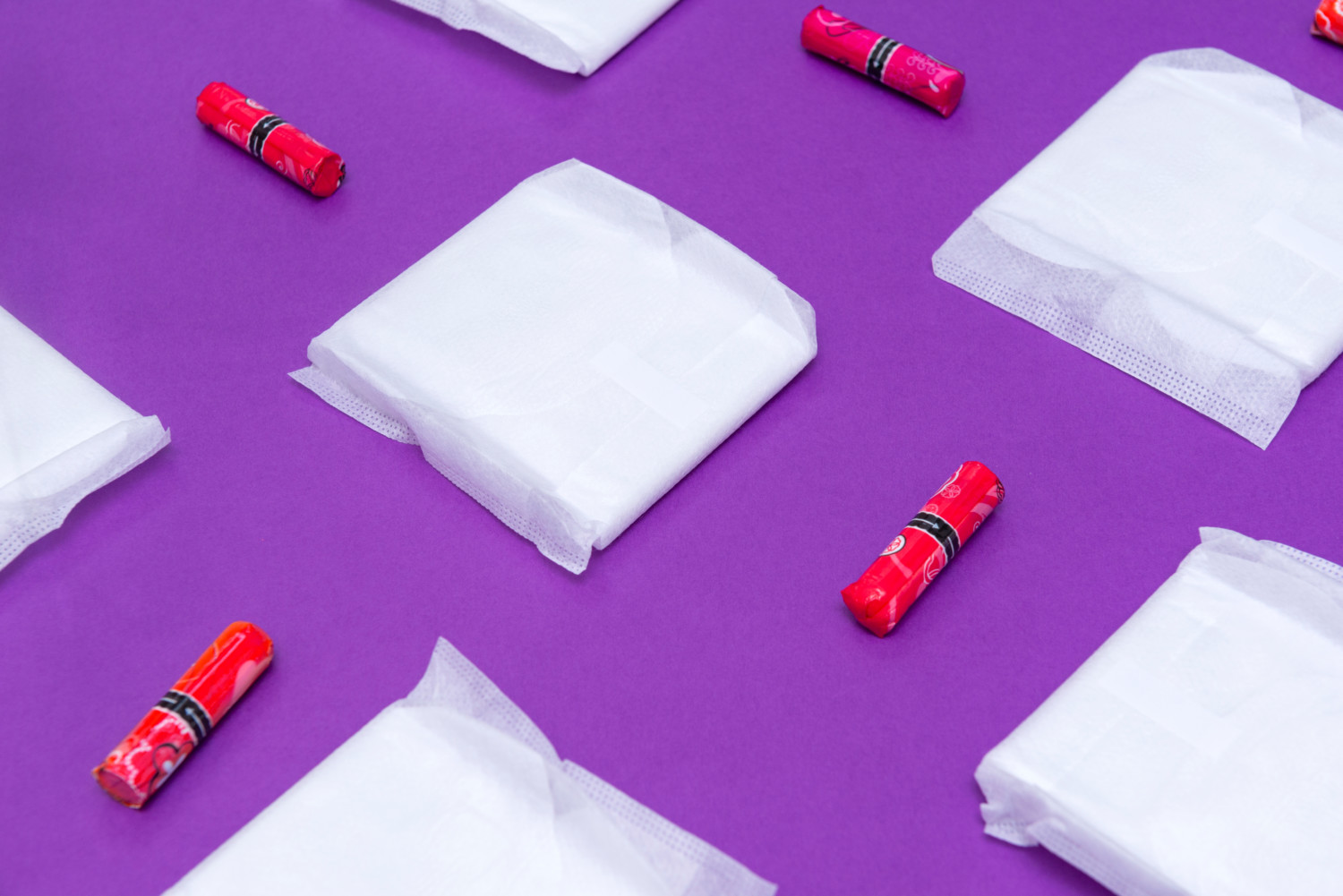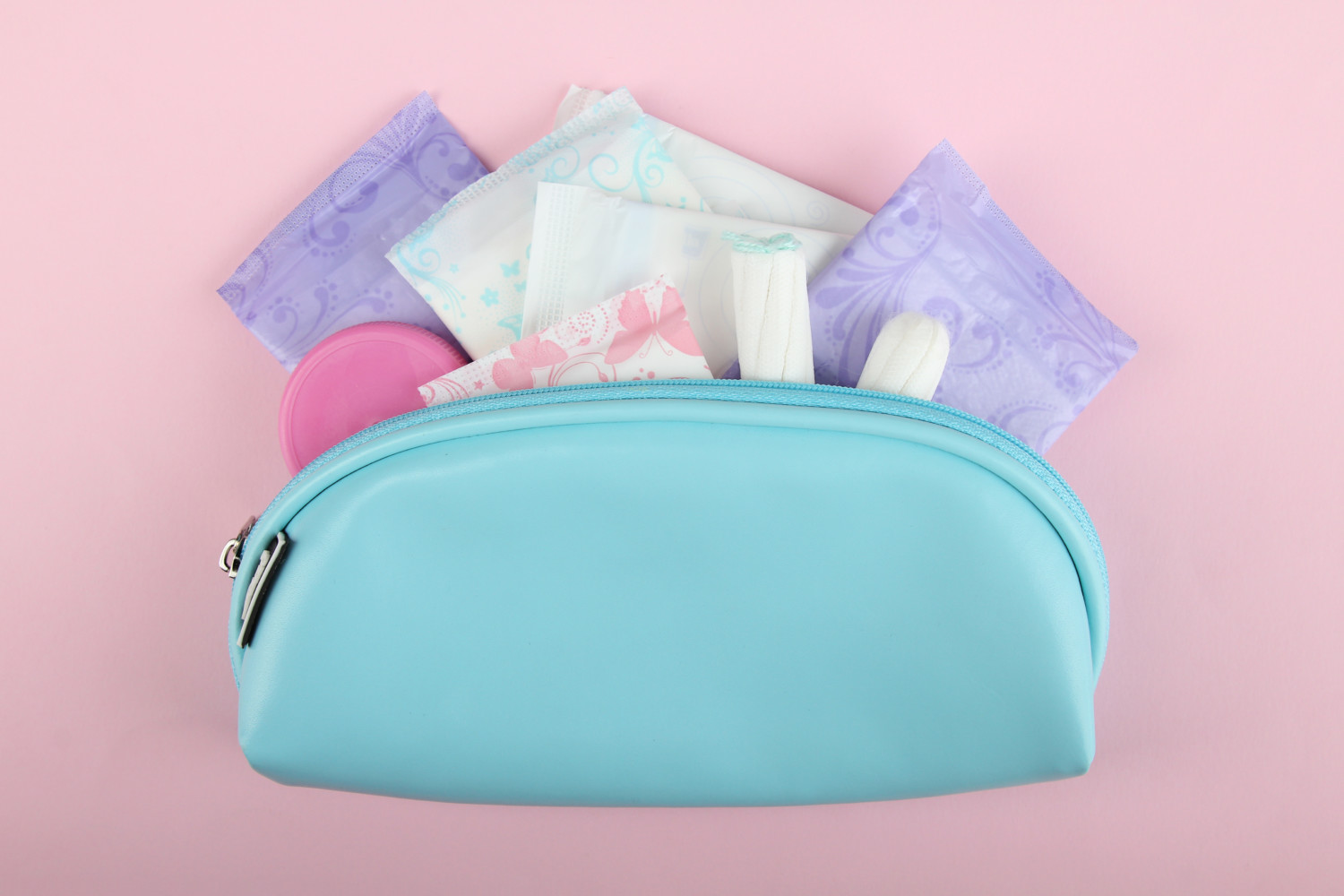Imagine this scene at the supermarket: You have your SNAP (Supplemental Nutrition Assistance Program) card to pay for groceries. You’ve got a week of meals to plan — and your period just started.
But you can’t use the SNAP card for your period supplies. You can’t use WIC, either. You don’t have cash on you. What do you do?
If you’ve never had to experience a situation like this, consider yourself lucky. Rules govern what folks on federal assistance can buy at the store, and products like tampons are taxed as a “luxury” item in some states.
As many women know, though, menstrual products are anything but luxurious. They’re a basic necessity. And one team of creators is highlighting the problem in a pointedly funny way.
The following fake ad was posted to the YouTube page of Period., a youth-led nonprofit organization that works to eliminate period poverty and stigma through service, education and advocacy.
Meet Loopholes, the cereal with tampons inside! And pads. Five each, to be precise. And since they’re a “prize” inside a box of cereal, they fit right through a literal loophole in the food-assistance purchasing rules.
Spoiler: Loopholes isn’t real, and you can’t actually buy it anywhere, with or without a SNAP card. Rather, they’re a statement, a gag product meant to point out the very serious problem of “period poverty.”
The American Medical Women’s Association defines period poverty as “inadequate access to menstrual hygiene tools and education.” It’s a global issue, but in the U.S., it looks like this: Many states tax menstrual products but not other medical supplies, and period products aren’t covered by government assistance (although some states are individually working to change this). This creates a burden on people who may already be experiencing hardships. As Loopholes’ website notes, one in four menstruators do not have access to period care products.

A collaboration between a New York creative agency called 72andSunny and earth-friendly period-care company August that uses OffLimits Spark cereal, the Loopholes product draws attention to the issue. But it also offers a solution: A U.S. House of Representatives bill called the Menstrual Equity for All Act.
Sponsored by New York Representative Grace Meng, the bill would make free menstrual products widely available in a variety of public institutions. Federal and state correctional facilities, for instance, would be required to provide free pads and tampons to inmates.
Grant money would be made available to schools to purchase products for students. Significantly, the bill also requires Medicaid to cover menstrual-care items.

Meng introduced the bill on May 28, 2021 — Menstrual Hygiene Day.
“The tragic reality for too many individuals in our nation is that the cost of menstrual products is a barrier to managing monthly menstruation in a safe and dignified manner,” Meng said in June 2021 remarks on the bill. She also concluded, “We cannot address educational equity, economic justice, or infrastructure reform without addressing the barriers that prevent our social infrastructure from caring for the basic health care rights of our population.”
Since then, the bill has moved through various committees and subcommittees but hasn’t yet been brought up for a vote. The Loopholes website shares ways to take action and includes a form that sends a message supporting the bill to your representatives.

If the bill eventually passes, it’ll be a huge leap forward for folks who struggle to afford menstrual supplies. Kids and teens, especially, could benefit — one survey found that 84% of teens said they or someone they knew had missed class because they didn’t have access to period products. It also found that 20% had trouble affording menstrual products or were unable to purchase them at all.
Until there are policy changes, though, people will have to keep looking for those loopholes. Or else we really will have to start putting pads in our cornflakes!
[h/t: Buzzfeed]
This story originally appeared on Simplemost. Checkout Simplemost for additional stories.


